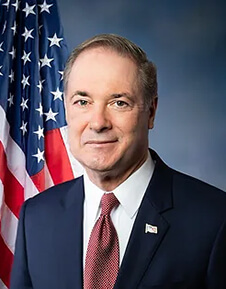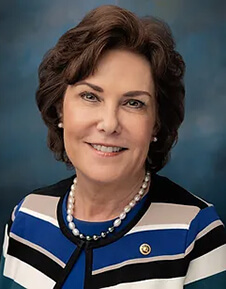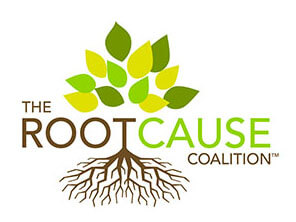Rural Health
Rural Americans face numerous health disparities compared with their urban counterparts. More than 46 million Americans, or 15 percent of the U.S. population, live in rural areas as defined by the U.S. Census Bureau. Rural Americans are more likely to die from heart disease, cancer, unintentional injury, chronic lower respiratory disease, and stroke than their urban counterparts. Unintentional injury deaths are approximately 50 percent higher in rural areas than in urban areas, partly due to greater risk of death from motor vehicle crashes and opioid overdoses. In general, residents of rural areas in the United States tend to be older and sicker than their urban counterparts. These challenges highlight the need for additional attention and resources aimed at improving health in rural America. Rural areas could benefit from improved public health programs that support healthier behaviors and neighborhoods, and better access to healthcare services.
Resources and Information
-
Rural Health Information Hub: Online Resource Library
-
Centers for Disease Control and Prevention: Office of Rural Health
-
National Rural Health Association: Publications Archive
-
Population Health Journal article: Addressing health inequalities in diverse, rural communities: An unmet need
-
Centers for Medicare & Medicaid Services blog: Addressing Rural Health Inequities in Medicare
-
American Heart Association blog: Call to Action: Rural Health
-
Agency for Healthcare Research and Quality: National Healthcare Quality and Disparities Report (NHQDR)
-
American Hospital Association (AHA): AHA recommends congressional action to improve rural access to care
-
AHA resource page: Rural Advocacy and Policy
-
County Health Rankings and Roapmaps report: What Works? Strategies to Improve Rural Health
-
Robert Wood Johnson Foundation: Rural Health Resource Page

SPARC (Specialty Physicians Advancing Rural Care) Act
-
-
Introduced on 4/20/23
-
7 Co-Sponsors as of 3/18/24
-
S. 705 - Senator Jacky Rosen (D-NV)
-
-
Introduced on 3/8/23
-
1 Co-Sponsor as of 3/18/24
-

Description
This bill would:
-
Expand access to healthcare services by addressing the shortage of physicians in rural communities.
-
Establish a student loan repayment program to incentivize healthcare specialists to practice in rural and underserved areas. Under this program, any health care provider participating would agree to a 6-year commitment to full-time employment in communities experiencing a shortage of such providers.
Status
- The bills were referred to the House Committee on Energy and Commerce and the Senate Committee on Health, Education, Labor, and Pensions.
Additional Information
-
Sen. Rosen’s office press release: Rosen Introduces Package Of Bipartisan Bills To Address Doctor Shortage In Nevada
-
American College of Surgeons (ACS): Support letter
-
ACS Memo: Senate Reintroduces Bills to Support Physician Workforce by Addressing US Student Debt
Contact
- For further information about this issue or other legislation in the ELM, please contact Hannah Miller at hmiller@rootcausecoalition.org
